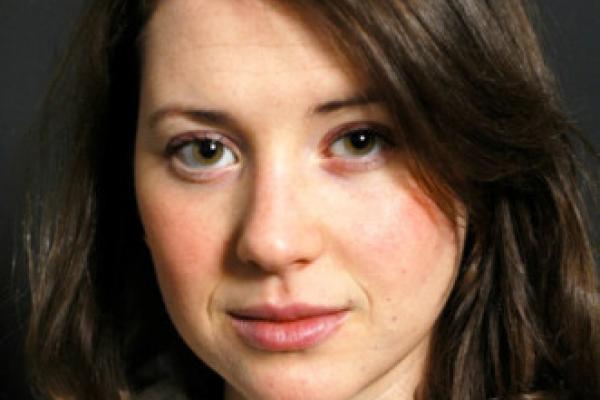Just because interfaith, interracial, and varied ethnic groups share a common cause doesn’t mean a diverse coalition can hang together.
It often takes prayer. And not just a “Bless this group, Amen,” invocation.
A new study by three sociologists finds that three out of four interfaith civic coalitions turn to what the sociologists have dubbed “bridging prayer” — interactive, participatory, and often innovative prayers and rituals that highlight their shared identity as people of faith.
Bridging prayers “build internal strength and give groups moral authority in the greater community,” said Braunstein, co-author of the study published this week in the online edition of American Sociological Review.
Duke University researcher Brad R. Fulton, another co-author, said the sociologists looked at 200 national civic coalitions to see how they glue together “rather than fragmenting and falling apart.”
“For all the talk about diversity, there hasn’t been much study of how groups navigate diversity,” he said.
According to the study, the researchers looked at complex groups such as “when Haitians from a Catholic church, Arab-Americans from a Muslim organization, and Latinos from a Lutheran congregation work together to address issues facing immigrants in their community.”
Homogenous groups, where the need for practices that bridge differences was not seen as essential, also prayed, said Fulton. But these prayers were more like quick invocations delivered by one person before the group got down to the business of the day.
The study mentioned some ways that prayers became bridges across differences. For example, when one city’s Interfaith General Assembly held it’s annual gathering of the entire coalition, an Italian-American Catholic priest called everyone to prayer together saying, “If you are Jewish, stand for Adonai. If you are Muslim, stand for Allah. If you are Christian like me, stand for Jesus.”
Other groups adapted religious and nonreligious texts such as news articles, poetry, and social criticism to create prayers or teaching sessions.
The study did not establish whether these groups lasted longer or were more successful. The researchers also acknowledge that other practices beyond bridging prayers could be equally effective — sharing meals, singing, playing music or dancing, or any other practices that “highlight and celebrate commonality.”
By whatever bridge they construct, Fulton said, “Groups that engage their differences are able to reap the benefits of diversity in their reach and effectiveness.”
Cathy Lynn Grossman writes for Religion News Service. Via RNS.
Got something to say about what you're reading? We value your feedback!
